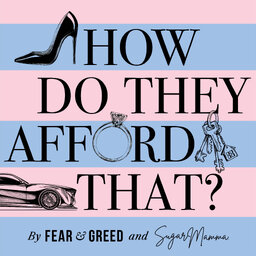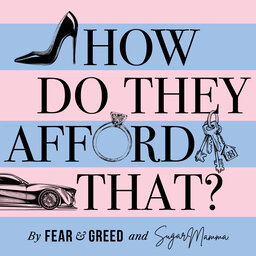Do I need a self-managed super fund?
Do you need a self managed super fund? Who benefits from it? How does it work? How much does it cost? Just how complicated is it? Join Canna Campbell - a financial planner for 20 years - and Fear & Greed's Michael Thompson as they explore everything you've ever needed to know about SMSFs.
---
The information in this podcast is general in nature and does not take into account your personal circumstances, financial needs or objectives. Before acting on any information, you should consider the appropriateness of it and the relevant product having regard to your objectives, financial situation and needs. In particular, you should seek independent financial advice and read the relevant Product Disclosure Statement or other offer document prior to acquiring any financial product.
Canna Campbell is a Corporate Authorised Representative and Corporate Credit Representative of Wealthstream Financial Group Pty Ltd ABN 35 152 803 113 Australian Financial Services Licensee AFSL 412079.
 How Do They Afford That?
How Do They Afford That?


